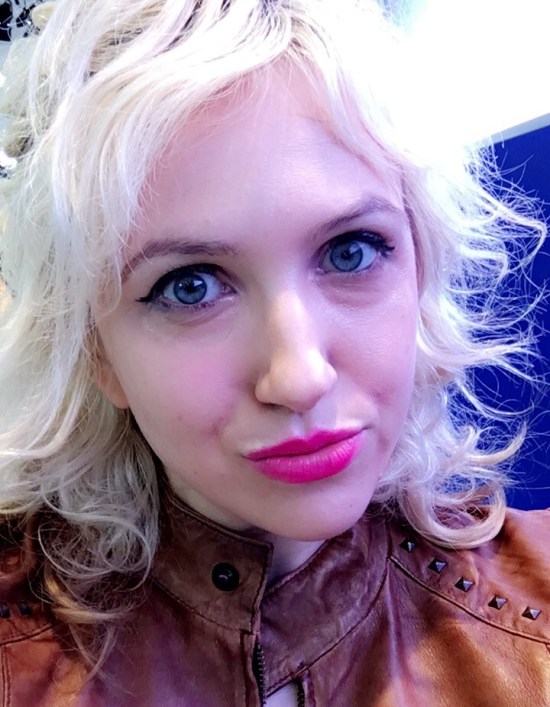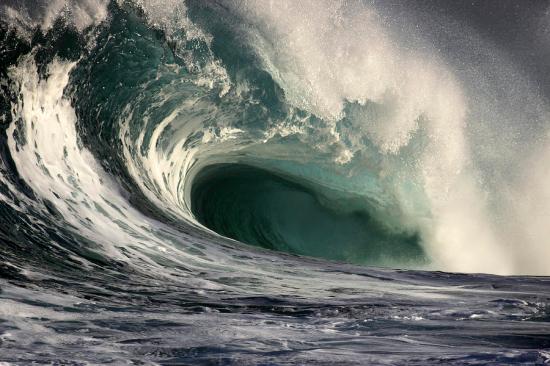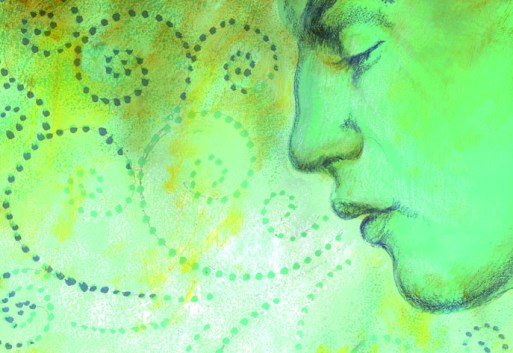For the first time in over three decades in the US, women in their 30s are having more babies than women in their 20s.
The Center for Disease Control and Prevention released data last Wednesday that the birth rate among women aged 30 to 34 last year was slightly higher than that of women aged 25 to 29. Also according to the data, women are having their first child at age 28 on average. Consider that in 2014, the average age for women having their first child was 26.3 according to the CDC. That seems like a pretty high jump in age to me, considering it’s been only 3 years since 2014!
Experts say that the change is partially due to a reduction in teen pregnancy rates. But that’s only part of the story. A lot of women, including myself, feel it’s okay to have children later. I’m 35, and I want children and haven’t had them yet. I don’t feel societal pressure to have children, only biological. And even that biological pressure is somewhat tempered by knowing many women who have had babies over 40, and the fertility options that new technology brings. I’ve definitely calmed down a bit more in the past year or so, because I know I’m just not ready yet and that it’s better to feel that I have the right partner and financial situation to raise a child than to ‘just do it.’
But, for my own peace of mind, I’ll be making an appointment for fertility diagnostic testing at USC.




